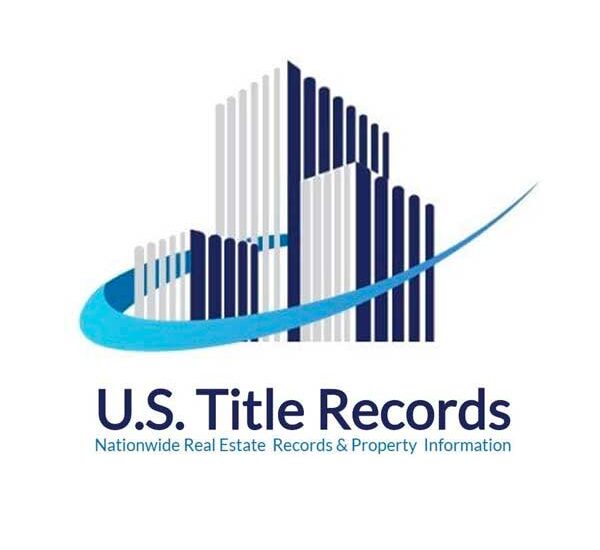How to locate liens and UCC filings against a person or entity
- October 11, 2013
- Posted by: Andreas Delfakis
- Categories: Liens, Posts, Property Lien, Real Estate Post

How to Locate Liens and UCC Filings Against a Person or Entity
To find liens and UCC (Uniform Commercial Code) filings against a person or entity, you’ll need to search various public records. Here’s a step-by-step guide: SEARCH RECORDS HERE:
For UCC Filings
- State Secretary of State Office: Most UCC filings are recorded with the Secretary of State in the state where the debtor is located. Visit their website or office to search their UCC database.
- National UCC Filing System: Some states participate in centralized systems:
- Search Systems (commercial): Offers access to multiple states’ UCC records
- NACARA (National Association of Commercial Administration): Provides links to state-level UCC databases
- County Records: Sometimes UCC filings related to fixtures (property attached to real estate) are filed at the county recorder’s office instead.
For Liens
- Tax Liens:
- Federal tax liens: County recorder’s office where the property is located
- State tax liens: State tax authority and county recorder’s office
- Local tax liens: County or municipal tax office
- Judgment Liens:
- Check county court records where the debtor lives or owns property
- Many counties now offer online search portals
- Mechanic’s Liens:
- County recorder’s or clerk’s office where the property is located
Additional Search Methods
- Credit Reports: Full credit reports will show most liens and some UCC filings
- Title Companies: Can conduct comprehensive lien searches for a fee
- Legal Research Services: LexisNexis and Westlaw offer lien/UCC search capabilities (subscription required)
- Professional Search Companies: Firms specializing in due diligence can conduct thorough searches
Tips for Effective Searching
- Search under all possible name variations and previous names
- Check multiple jurisdictions where the person/entity has lived or conducted business
- For businesses, search both the entity name and the names of principals
- Some liens expire after a certain period, so check filing dates for currency
Would you like more specific information about searching in a particular state or jurisdiction?
How to Search for Property Liens: A Complete Guide for Property Owners

What Are Property Liens and Why Should You Care?
Property shopping comes with big decisions that can feel overwhelming. Whether you’re ready to buy a property or simply want to verify if your home has a lien on it, understanding how to search for lien records is essential knowledge for all property owners.
A property lien is a legal claim against a property that must be paid when the property is sold. Think of it as a “red flag” that someone else has a financial interest in your property.

Important Considerations When Searching for Property Liens
Public Accessibility Varies by Location
Not all real estate and personal lien records are publicly available or accessible online. Access may be restricted to:
- Licensed Abstractors
- Title companies
- Real estate attorneys
This varies significantly depending on county and state laws.
Where to Find Lien Records
If lien and judgment records are available to the public in your area, you can typically search for them through:

- County recorder’s website
- County clerk’s office
These records are typically indexed and can be searched by:
- Name
- Lot and block
- Parcel number
- Street address
Cost Considerations

Many counties offer different options for accessing these records:
- Free basic searches with document fees for copies
- Pay-per-document access
- Subscription options for high-volume users (monthly or yearly)
Document Identification Systems
When working with property records, you’ll encounter different reference systems:
- Book and page (Book/Page) numbers
- Instrument numbers
- Grantee and grantor indexes
Property Liens vs. Personal Liens: Understanding the Difference

Personal Liens
Personal liens are filed against an individual or business rather than a specific property. These liens:
- Are known first as “general liens”
- Eventually attach to property owned by the individual/entity
- Serve as collateral or leverage for the creditor
- Are typically filed by federal/state tax authorities or courts
Superior Liens and Due Diligence

Before pursuing debt collection or property acquisition, it’s crucial to consider potential superior liens on the assets. Superior liens take precedence in payment order, which could affect your ability to collect on a debt or the value of a property you’re considering purchasing.
Conclusion: The Importance of Thorough Research
Performing optimal due diligence using valid and trusted resources is essential before:
- Property acquisition
- Asset recovery efforts
- Making major financial decisions related to real estate
By understanding how to properly search for and interpret lien information, you can protect yourself from unexpected financial obligations and make informed decisions about your property investments.
Need professional assistance with lien searches? Contact our team of experts today!